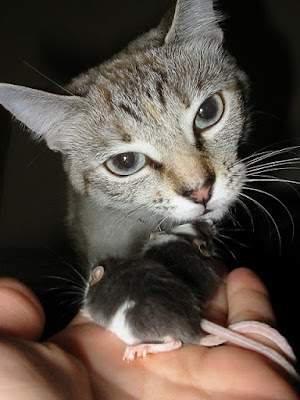Biology: Red reef lobster caught in Western Australia.
It is common knowledge that lobsters do not have hair. We all know this. However, hairy lobsters do exist and one has been caught in Western Australia. The red reef lobster is common in the waters of Madagascar, Hawaii, and African countries. Finding it off WA is a real surprise.
The fisherman who caught it has never seen anything like it in his life. It seemed to be a prawn, lobster, scampi hybrid. The hairy red is much different from Australian lobsters: it has crab-like claws.
Biologists do not believe that it came all the way from Africa, at least not in recent times. They hold that it has been here all along living and breeding in a localized, remote spot. The one caught probably strayed away from its locality. Obviously, its normal range must be reasonably close. Being elusive, scientists are not going on a hunt. The creature will be left alone.
◆ Bioloogy by Ty Buchanan ◆
Australian Blog
●
red, reef, lobster, africa, madagascar, hawaii, western, australia, caught, fisherman, sea, ocean, articles news politics economics society anthropology historiography history sociology people nations country asia europe africa u.s. south america central Mediterranean eastern western interesting funny technology adventure australia blog australian blog free news sex














